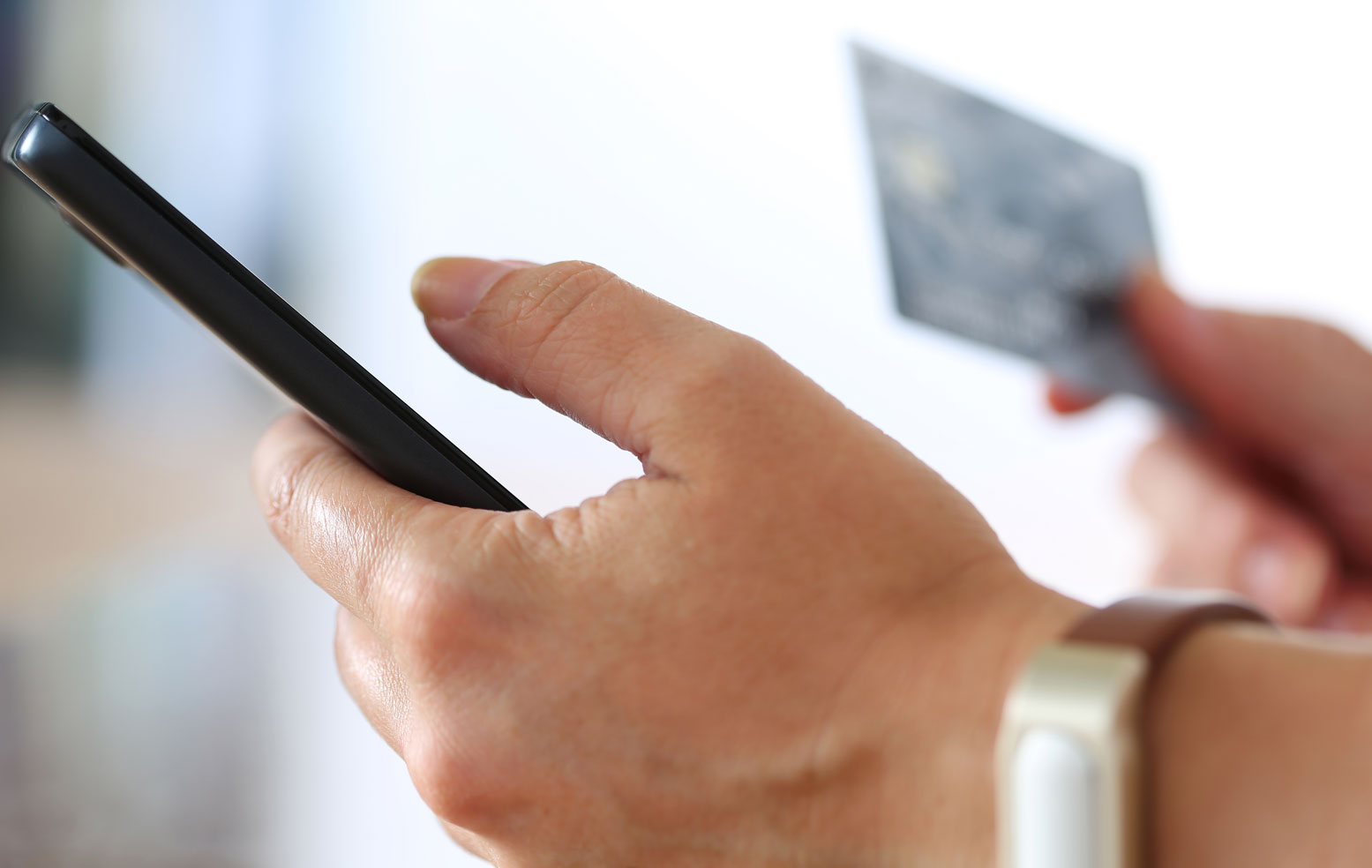Six ways to protect yourself from hackers

Where was the last public place you visited that had Wi-Fi? These days, nearly every coffee shop, library, airport and hotel offers a way to access the internet from your mobile phone, tablet or laptop. That means the information you have on your device could be available to hackers in the area – unless you’ve taken steps to protect your data. There is a wealth of information about protecting yourself online via staysmartonline.gov.au and cyber.gov.au. Here is a selection of easy-to-implement ways to improve your online safety.
-
Don’t access personal or financial data with public Wi-Fi.
This may seem like a no-brainer, but you’d be surprised how many people check their bank accounts or make purchases with a credit card while using public Wi-Fi. It’s best to do those things on a secure connection.

-
Turn off anything you don’t need.
Hackers can use certain features on your phone to get at your information, location or connection. So, instead of keeping your GPS, wireless connection and geo-tracking on all the time, just turn them on when you need them.
-
Choose your apps wisely.
Only download apps from trustworthy sources that have established a good reputation. Make sure you update your software and apps regularly and get rid of old apps you don’t use.
-
Use a password, lock code or encryption.
Consider managing your passwords via a reputable encrypted password manager such as dashlane.com. Make sure your passwords are at least eight characters long, with a mix of upper and lower case, and include numbers or other characters, and never use the browser auto-complete feature for passwords. You can use the storage encryption feature on your phone to protect your private data, and set your screen to timeout after five minutes or less.

-
Be skeptical about links and attachments.
Phishing is one of the most common forms of cybercrime. Cybercriminals attempt to steal your information by sending fake messages. If you’re not sure about the source, don’t use the link or open the attachment.
-
Trace or erase.
Make sure your data is secure if your mobile device is stolen or lost. You can set up your device to lock itself after a pre-set number of failed log-in attempts.
This content is brought to you by Chubb Insurance Australia Limited (“Chubb”) as a convenience to readers and is not intended to constitute advice (professional or otherwise) or recommendations upon which a reader may rely. Any references to insurance cover are general in nature only and may not suit your particular circumstances. Chubb does not take into account your personal objectives, financial situation or needs and any insurance cover referred to is subject to the terms, conditions and exclusions set out in the relevant policy wording. Please obtain and read carefully the relevant insurance policy before deciding to acquire any insurance product. A policy wording can be obtained at www.chubb.com/au, through your broker or by contacting any of the Chubb offices. Chubb makes no warranty or guarantee about the accuracy, completeness, or adequacy of the content. Readers relying on any content do so at their own risk. It is the responsibility of the reader to evaluate the quality and accuracy of the content. Reference in this content (if any) to any specific commercial product, process, or service, and links from this content to other third party websites, do not constitute or imply an endorsement or recommendation by Chubb and shall not be used for advertising or service/product endorsement purposes. ©2024 Chubb Insurance Australia Limited ABN: 23 001 642 020 AFSL: 239687. Chubb®, its logos, and Chubb.Insured.SM are protected trademarks of Chubb.

Have questions?
Contact a broker today.